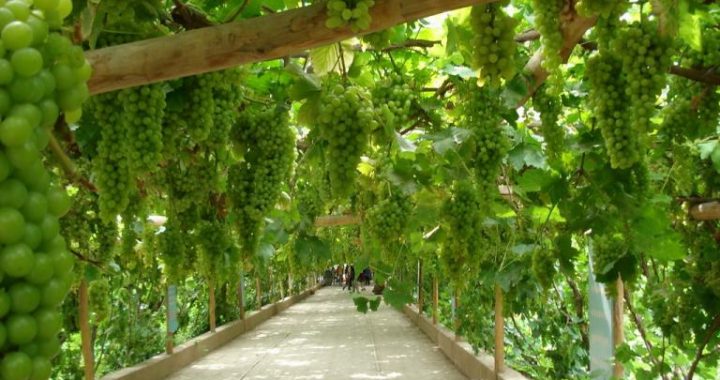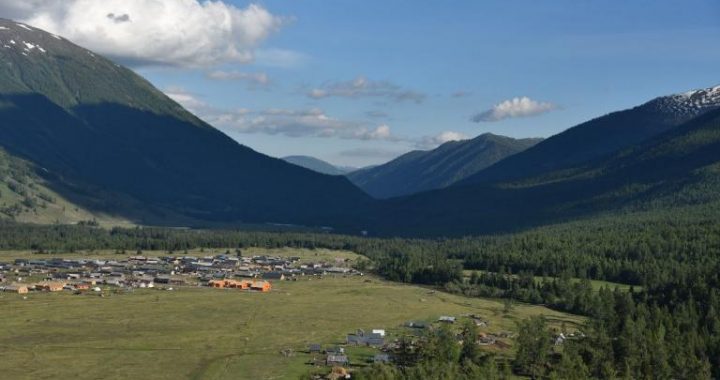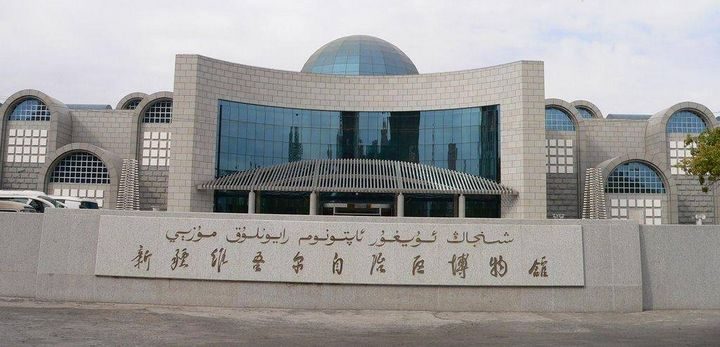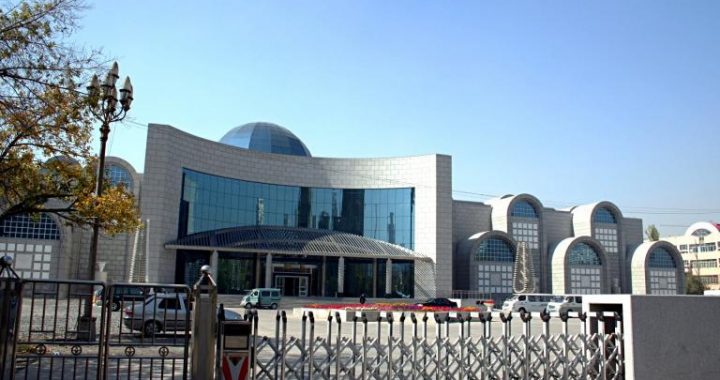Seafood of Far Away From the Sea
4 min readIt is known that the mutton of Xinjiang is delicious, but the fish there are even more delicious. However, Xinjiang is located inland full of Gobi, desert, mountains, oases… the farthest province from the ocean, how can fishery be developed there Facts speak louder than words. Xinjiang is steadily moving towards the major fishery area.
In 1985, the total output of aquatic products was no more than 10 thousand tons. Until 1997, Xinjiang had basically solved the difficult problem of eating fish. Since 2007, Xinjiang aquatic production has exceeded 90,000 tons, not only meeting the needs of both local and national, but also exporting to Japan, Finland and other countries, ranking first in the five northwestern provinces.

The salability of Xinjiang fish depends on the aquatic features of rare species and green pollution-free. There are much indigenous fish, rare and of high quality, such as European bream, Acipenser nudiventris, Hucho taimen, sheefish, crucian carp, and Schizothorax biddulphi. Xinjiang is surrounded by high mountains, so the water areas of Xinjiang are not polluted. Especially the 3.3 million mu of alpine lakes with the sweet and chilly source of water from Snow Mountains, making them the ideal places for developing harmless fishery and producing organic seafood.
People are fishing in Bosten Lake after the fishing moratorium is over Bosten Lake, the largest inland freshwater lake in China, was both the country’s largest production base for organic fish, and the largest fishery production base in Xinjiang. There are eight kinds aquatic products in Bosten Lake that have gained the certification of “Organic fish”from the State Environmental Protection Administration. The Hypomesus olidus of Bohu County account for 70% of the Japan Hypomesus olidus market.
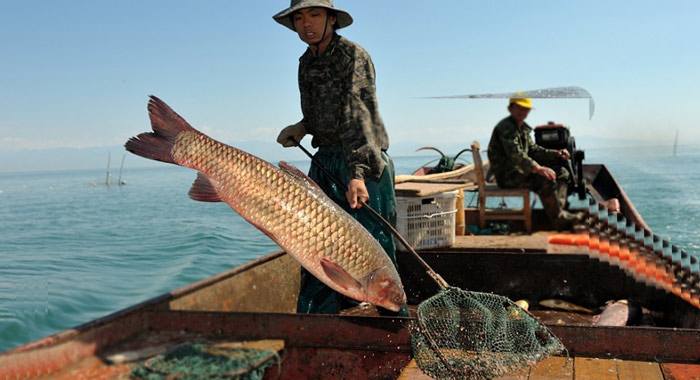
Bosten Lake is not only a fishing base, but also tourist attraction, because it has largest reed area in Xinjiang, which is one of China’s four largest reed area. It is said the contractors here already have tens of millions. Green and luxuriant reed is endless, the water and the sky are of one hue in the reed wetlands, flocks of swans are going through the reeds. “Thick grow the rush leaves; Their white dew turns to frost. He whom I love must be somewhere along this stream.”in2012, the second International Reed Culture and Art Festival was held here. Bosten Lake is built to be “the Aegean sea in China”.
Ulungur Lake, one of China’s ten largest inland freshwater lakes, located in Fuhai County, and known as the”Gobi Sea”.
Ulungur Lake is rich in zander, perch, small perch, northern pike, belga jarraud, and other cold water fish of the Arctic Ocean water system. Fuhai County is one of the largest fishing bases in Xinjiang with the annual output of 4,500 tons, there are a total of more than 30 hotels, and more than 80 family inns, receiving nearly 3,000 people a day, After a tour of the Butterfly Valley and the lake, the biggest wish of tourists is having a big meal of “the whole fish feast”.

On January 12, 2013, Fuhai County the Eighth Ulungur Lake Winter Fishing Cultural Tourism Festival started with the theme of “the desert Fuhai, gathering happiness by fishing ” People had a strong enthusiasm of experiencing the winter fishing festival although the temperature was quite low. Strong festive atmosphere and unique winter fishing event attracted more than 20,000 visitors from all directions.
The most spectacular, and the most exciting moment is to drag the fishing net. The ice layer of the lake may be of one meter thick, and covered with snow of 30cm thick.
Fishermen stand around the net winch, shouting in chorus. The net winch drags the hugenet, dragging out 2,000 meters slowly and hanging with frisky little fish. The fishermen quickly release the small fish by putting them in the release hole, and they rapidly slip into the bottom of the lake. As is said by the old fisherman, a net of 83 tons of fish had been made, and dozens of strong young men spent a whole day and night in dragging it out.
Grilling fish

Such a fishing method has already had a history of more than 50 years. Nowadays, there are only two places, the northeastern Songhua River and Ulungur Lake, still “searching fish tramping on snow”.
With the development of fisheries, marine civilization began subtly affect Xinjiang.
A person of Shanghai who has supported the border area in the salt lake region, first cultivated shrimps and fish in those salt lakes, bring the coastal seafood temporarily raising technology to Xinjiang. So restaurants in Xinjiang now use the same temporarily raising technology as restaurants in Guangdong to breed the live shrimps, scallops and fish. These shrimp are not flown in from the coast, but raised in Xinjiang. So the visit friends in Xinjiang can also have the fresh seafood meal.
